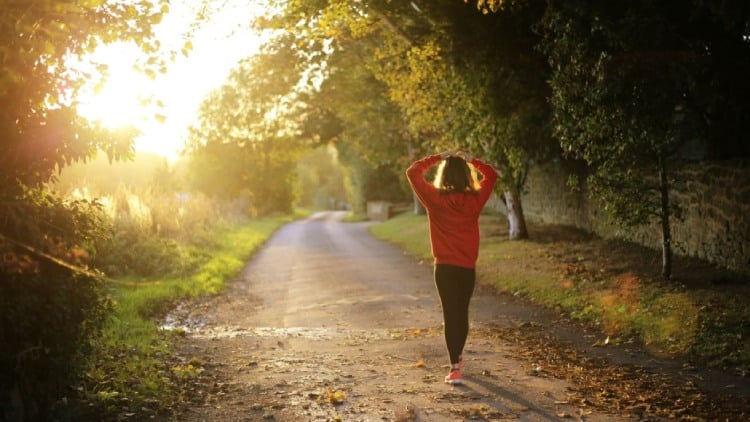
A new study involving a small test group of elderly subjects shows a link between mobility decline and memory issues. A possible cause maybe due to a shrinking in the right hippocampus. This part of the brain is associated with cognitive ability.
Dementia is not always indicated from all signs of mild cognitive impairment (MCI). Between 10% and 20% of people 65 or older with MCI develop dementia over the next year. In many cases, the symptoms of MCI may stay the same or even improve. “In many cases, the symptoms of MCI may stay the same or even improve,” the National Institute of Aging proclaims.
There’s also a much larger study of 17,000 adults over age 65 that shows people who walk about 5% slower or more each year. They also exhibit signs of slower mental processing were more likely to develop dementia. This study published Tuesday in the journal JAMA Network Open.
This new study over the course of 7 years tracked a group of Americans over 65 and Australians over 70. Every other year, the participants in the study tested to measure overall cognitive decline, processing speed, memory, and verbal fluency.
To determine the person’s typical gait, the study averaged together the results of two tests. They gave these tests every other year. They measured the time it took the subjects to walk 3 meters or about 10 feet in distance.
The research indicated the highest risk of dementia was for the individuals who walked slower and also declined cognitively.
A substantial component of decreasing cognitive decline involves aerobic activities and physical movement. This activates the hippocampus in the brain. Subsequently, this can lead to an increase in size on that part of the brain. Located in the temporal lobe, the hippocampus is responsible for tasks like remembering directions and spatial navigation.
In a 2011 randomized clinical trial, subjects who aerobically exercised increased the size of the of the hippocampus by 2%. This reversed age-related loss in the organ by one to two years. Comparatively, the subjects only doing stretching exercises had on average, a decline of about 1.43% over the same time frame.
For more information on health insurance or healthy tips, visit us through Healthedly Insurance Services to learn more.
Also, utilize these resources to help navigate what you’re looking for:







